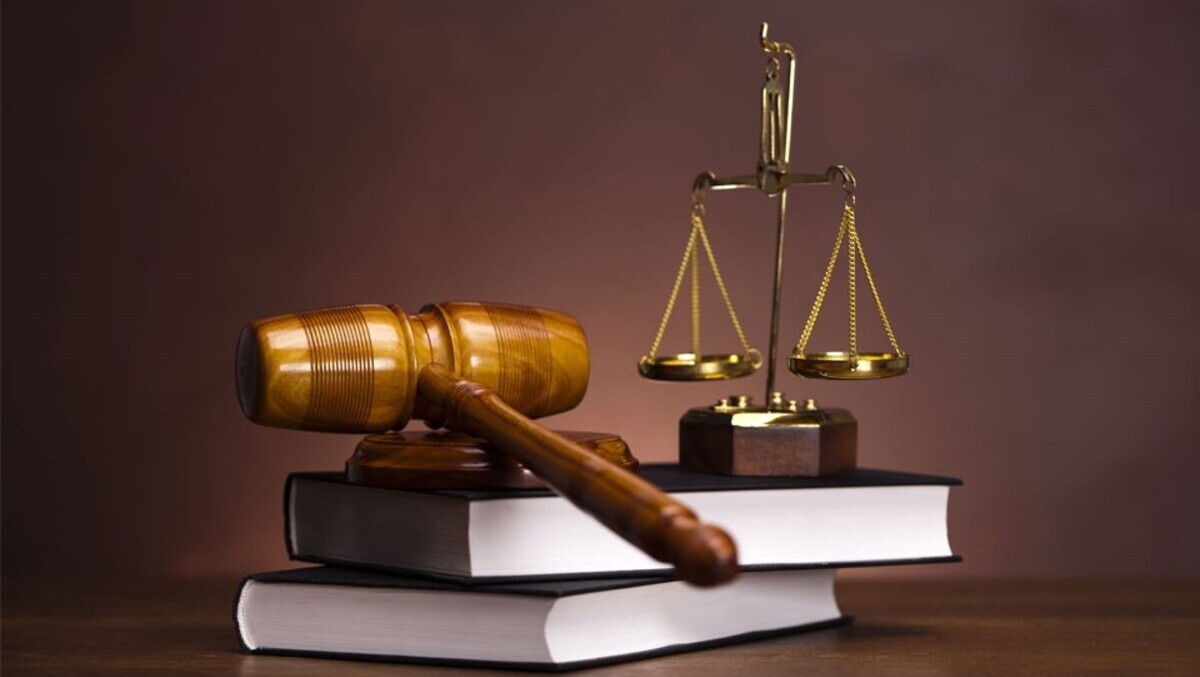Context:
Votes in the first phase of the Lok Sabha election will be cast on April 19. The most critical time in the election process includes the last day of the campaign period (72 hours before the poll), the non-campaign period (the last 48 hours), and the poll day. Candidates are afforded the opportunity to make a final impression on the electorate, while the period of “election silence” allows voters to take a reflective pause.
Background:
Several behind-the-scenes logistical and operational activities ensure that the elections are conducted smoothly. The scale of the exercise is immense — around 97 crore voters, 10.5 lakh polling stations, 1.5 crore polling officials and security staff, 55 lakh EVMs, and 4 lakh vehicles across the country — and timely and meticulous planning, rigorous implementation, and close supervision are essential to ensure free, fair, participative, and peaceful elections.
The last 72 hours:
- The monitoring of campaign expenditure includes the last check of candidates’ expenditure registers and strengthening the inspection teams. There are Flying Squads (FSs), Static Surveillance Teams (SSTs), Excise Teams, and a 24X7 District Control Room.
- The FSs operate in three shifts round the clock in each Assembly constituency, swiftly responding to complaints. They can seize cash or items intended as bribes, document evidence, and initiate legal proceedings.
- SSTs are stationed at critical locations, and focus on intercepting illicit goods such as liquor and large amounts of cash to deter malpractices and prevent undue influence.
- The District Election Officers (DEOs) collaborate with senior police officials to develop strategies to manage any potential disturbances during the critical 72 hours leading up to the close of the voting.This includes the sealing of borders to keep out anti-social and disruptive elements.
- The final assessment is made of the Assured Minimum Facilities (AMFs) at the polling stations, which include the provision of drinking water, shade, wheelchairs, clean toilets, etc for the comfort and convenience of voters.
The last 48 hours:
- Under Section 126 of the Representation of the People Act, 1951, the election campaign halts during the “silent period” that lasts for 48 hours ending with the conclusion of the poll.
- The District Magistrate issues orders underSection 144 of the CrPC, 1973, prohibiting unlawful assemblies, public meetings, and the use of loudspeakers, and limiting gatherings to no more than five persons. Door-to-door campaigning is still permitted.
- This period also sees “area domination” activities by the Central Armed Police Forces, a restriction on opinion polls, and political advertisements through electronic and social media, and the enforcement of a ban on the sale of liquor.
- To ensure transparency at critical polling stations, measures including the deployment of micro-observers, video and still cameras, webcasting, and CCTV surveillance are implemented.
- On the day before polling, randomly-formed polling parties are dispatched to the polling stations with electronic voting machines (EVMs) and other election materials. They move with security personnel in designated vehicles. Reserve EVMs are allocated to the Sector Officers.
The Polling Day:
- The general restrictions on the poll day include using only one vehicle for the candidates, their agents, and party workers. However, using these vehicles to ferry voters to polling stations is considered a corrupt practice under Section 133 of the Representation of People Act (1951), attracting penal action under Section 123(5) of the Act.
- The use of mobile phones (except by officers on duty), canvassing, using campaign-related posters or banners, and loudspeakers or megaphones within 100 metres of a polling station are banned.
- Under Section 135(B) of the RP Act, employees are given a paid holiday on the poll date. Only persons entitled under Rule 49D of the Conduct of Election Rules, 1961, are allowed inside polling stations, including polling officers, public servants on duty in connection with the election, a child in arms accompanying an elector, etc.
- Booth Level Officers are stationed at Voter Assistance Booths to help voters locate their details in the alphabetical electoral roll locator for the polling station. Before polling commences, the Presiding Officer must demonstrate a marked copy of the Electoral Roll and the EVMs, and conduct a mock poll before the candidates’ polling agents.
.jpg)


.png)
Comments (0)